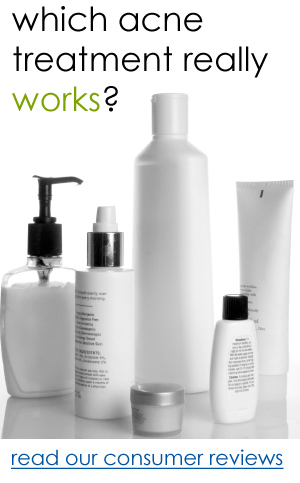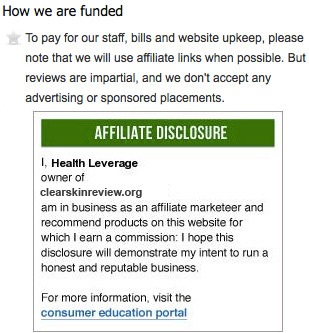Retinoid Treatment for different Problems of Your Skin
Published:November 3rd, 2012
©asolario
Everyone is well aware of the blessings of Vitamin A, especially for skin. Moreover, since the time it has been approved for acne treatment in 1971, numerous commercial products have incorporated this ingredient into their formulations to cure skin conditions. Not all, but quite many medical problems of skin can be well handled by these retinoid containing gels and liquids. Take a moment to glance at some common uses of these topical retinoid and find out the way they work to alleviate a specific condition.
Retinoid for Acne
The most popular issue amongst the teens as well as individuals of other age groups is acne vulgaris. It is also the hottest subject amongst dermatologists since its proper treatment and complete cure is yet to be developed. However, close to complete cure can be achieved by the application of the topical retinoid, which allows other medications for acne to work well. Retinoid unclogs the skin pores and thus, allows other topical medicines to enter and reach the problematic areas easily.
Moreover, retinoid helps prevent dead cells to obstruct the pores, and thus, aids in keeping off the outbreak of acne. You may also find it useful in reducing acne scars.
The oral retinoid Isotretinoin reduces oil production by the sebaceous glands; controls inflammation and growth of bacteria associated with acne vulgaris.
Retinoid for signs of aging
Topical retinoid brings back the shine of your skin which may have faded as a consequence of aging. Tretinoin, the first to be approved retinoid for wrinkles by FDA, acts by increasing the collagen production in skin and stimulates the formation of new blood vessels. Moreover, it etiolates the age spots and reduces actinic keratosis (precancerous skin spots).
When comparing over the counter retinoid with tretinoin, the later may not be as effective but still, works in fixing the sun damaged skin. For additional skin smoothing effects, use them with products containing alpha-hydroxy acids.
The effects of retinoid upon signs of aging are visible after three to six months of its regular use.
For psoriasis
Psoriasis affected people can also benefit from retinoid as it appears to slow down the growth of skin cells in such individuals. In these kinds of cases, topical retinoid is often combined with some topical steroid for effective treatment results.
Warts
When other antidotes for warts fail, then doctors prescribe retinoid as it works on warts by disrupting their cell growth.
In this regard, a small study was conducted on 50 children with warts. 25 amongst them were treated with Tretinoin whereas the other 25 with some inactive placebo cream. And the outcome of this study was positive. 85 percent of children amongst the Tretinoin treated group were cleared of warts as compared to the 32 percent children of the opposite group.
A few precautions and side effects
Besides the various benefits, you must know about the possible side effects of retinoid and discuss them with your doctor as well.
When you apply a retinoid comprising cream, you may face problems such as redness, swelling, blistering, crusting, increased sensitivity to sunlight, change in the skin color, dryness and irritation.
For downsizing these undesirable effects, you must:
Avoid sun as much as you can. Do wear a sunscreen containing SPF of 50 or higher when out on a sunny day.
Do not use the product excessively. Just follow what your doctor says or what is prescribed on the label.
To minimize its drying effect, you can use a moisturizing cream.
Women who are pregnant or planning to become pregnant must not use retinoid.



Write a Comment of Retinoid Treatment for different Problems of Your Skin